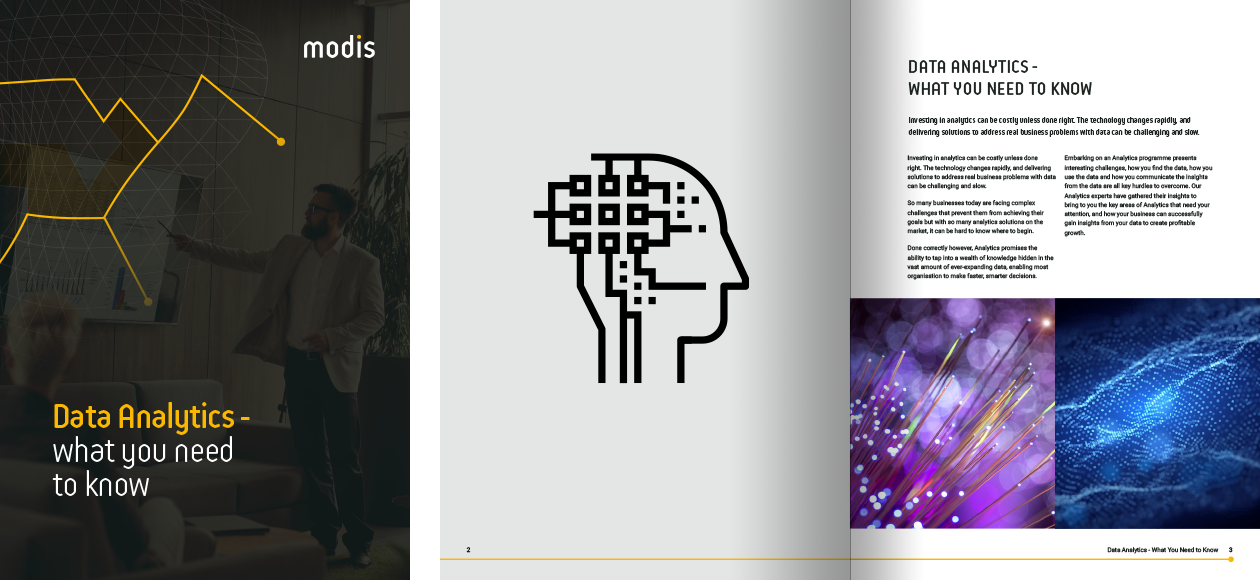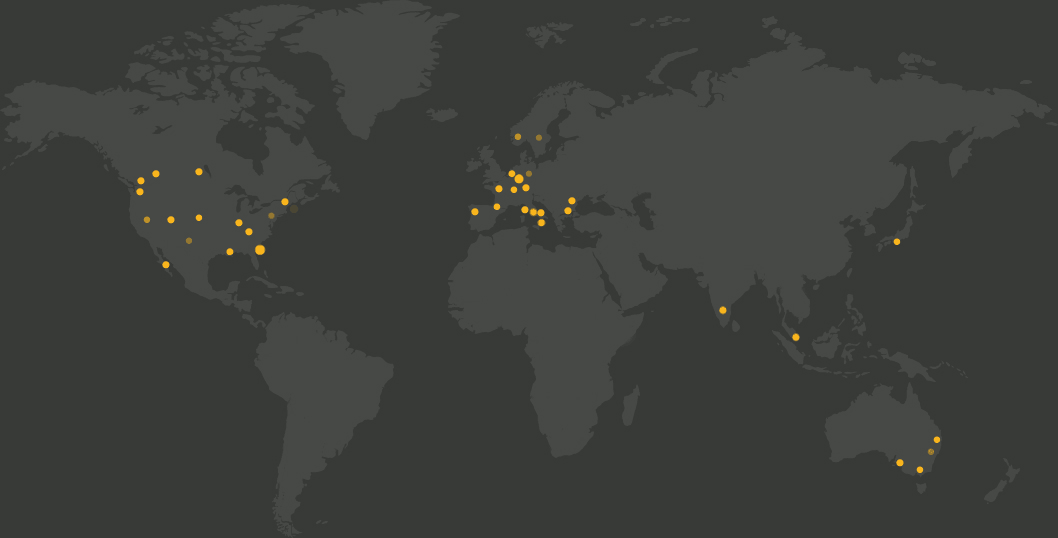Content management error: Header Banners should not be placed in the Navigation placeholder!
Why justifying an analytics investment isn’t always easy
Peter Hawkins | Executive General Manager Solutions, Innovation and Partners at Modis Australia Posted 03 August 2020Content management error: Generic Content Banners should not be placed in the Navigation placeholder!
It’s becoming increasingly important that businesses of all sizes, and across all industries, put data and analytics at the centre of their decision-making.
In fact, in this digital age, not doing so carries a huge amount of risk.
However, that doesn’t mean that the decision to invest in an analytics platform or project is always easy to justify. In fact, it can be a significant headache for a person or team who is responsible for putting together a pro-analytics business case.
This article was originally published by Peter Hawkins on Linkedin.
Content management error: Generic Content Banners should not be placed in the Navigation placeholder!
In my experience, this is due to four key reasons:
- Some outcomes are hard to measure.
In many businesses, the return on an investment from an analytics solution can be very obvious. A large mining organisation that uses a data and analytics system to fine-tune its maintenance processes can, for instance, very rapidly save millions of dollars. The return on investment can be fairly immediate and very easy to predict.
However, for a not-for-profit that uses data and analytics to identify at-risk youth, the investment can be much harder to measure. Social benefits – such as improvements in mental health, reduced drug use, or greater employability, are much harder to track and define than financial ones, and can often be influenced by a range of other factors. While having measurement in place is absolutely essential for many not-for-profits, it can be harder for stakeholders to clearly demonstrate the benefits. - A new solution is more expensive than no solution (or so it may appear).
Even though an analytics platform or solution will, in many cases, deliver fairly immediate and demonstrable returns, it still requires an up-front investment of some kind. For a business replacing an old and ineffective analytics solution with a new and powerful one, the productivity and efficiency gains may be fairly obvious and easy to explain. However, for a business with no solution at all, measuring the gains can take longer and be a little more complex. - How do you measure the impact of something you stop from happening?
One of the great benefits of a sophisticated data/analytics solution is that it can deliver predictive insights that help businesses to prevent things from happening in the future. These things may end up being very costly or bad for the business, but also impossible to measure definitively.
By tracking the performance of a building’s air-conditioning units, for instance, a maintenance firm may be able to detect – very early on – when a piece of equipment needs a service, rather than waiting for the air-conditioning unit to fail. While we can estimate the cost savings of early intervention, it’s impossible to know with any degree of certainty, what the full impact would have been had the equipment been left unchecked.
Similarly, by providing housing options to vulnerable young Australians when their social and employment data reveals they are most at risk, a not-for-profit may help prevent some young Australians from getting involved with drugs and ending up in the public hospital system. However, these outcomes can be extremely hard to track and measure. - Social analysis is not always definitive.
Analytics can certainly go a long way in helping not-for-profits respond to social needs – particularly when it comes to health, domestic violence and homelessness. However, the data relating to such issues can often be difficult to capture in its entirety. While there are approximately 250,000 cases of domestic violence reported in Australia every year, experts also know that this is likely to be the tip of the iceberg – with a huge percentage also unreported.
Content management error: Generic Content Banners should not be placed in the Navigation placeholder!
Putting together a business case for an analytics solution is a complex task. It’s something that our team at Modis have helped a number of our clients with, and we have built a number of strategies to overcome the problems above. If you’re interested in finding out more, get in touch.
Content management error: Generic Content Banners should not be placed in the Navigation placeholder!
WHITEPAPER
Download our latest white paper to get further insights into Data Analytics and how to incorporate them into your business

Content management error: Generic Content Banners should not be placed in the Navigation placeholder!
We are global leaders
